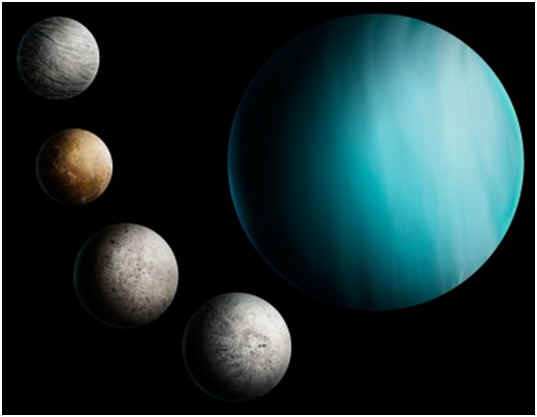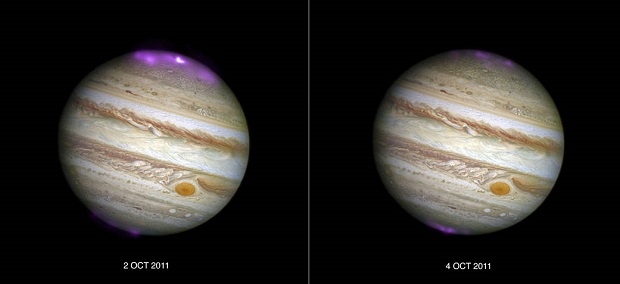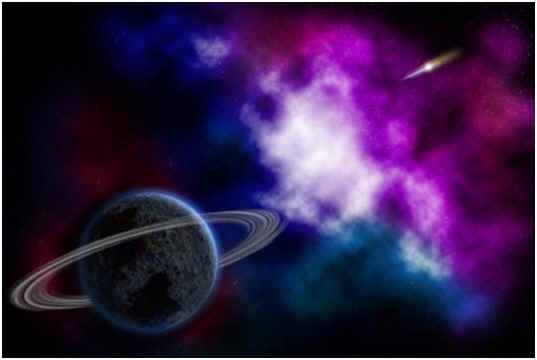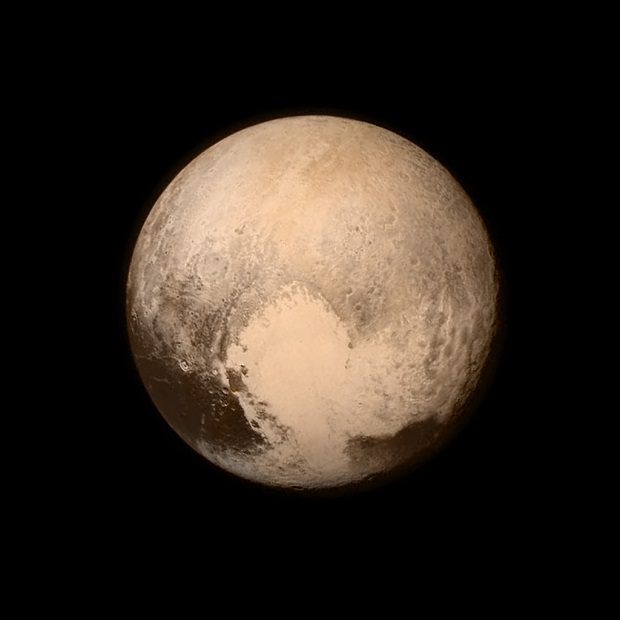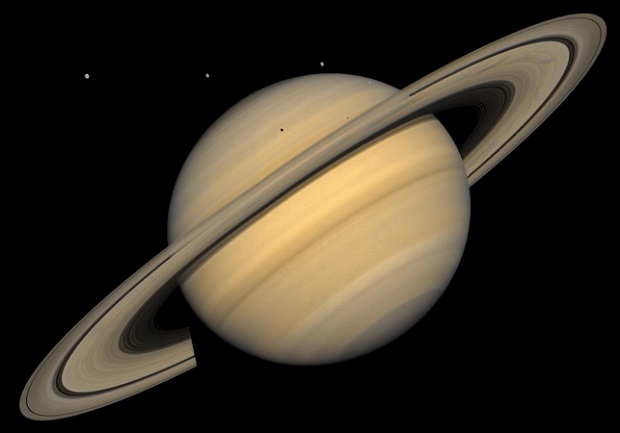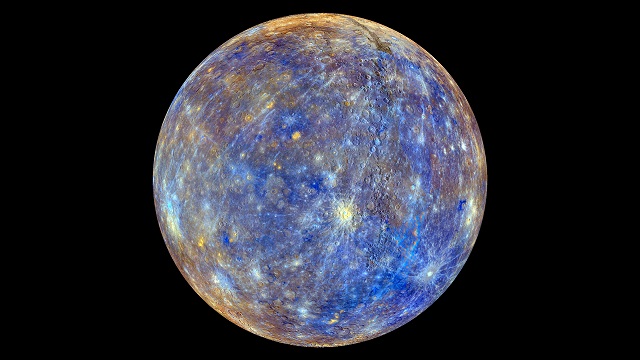
Image Credit: NASA/Johns Hopkins University Applied Physics Laboratory/Carnegie Institution of Washington
Does Mercury Have Any Moons?
Mercury does not have any moons. Although moons are a common feature in our Solar System, Mercury does not have any moons. Our Earth has one large moon, Saturn has 60 or more, and even tiny Pluto, smaller even than Mercury, has its own moons.
Celestial Collisions Form Moons
Scientists believe that the Earth’s moon was formed when a large body, perhaps the size of Mars, collided with the earth in the far distant past. Over eons, the debris from this impact collected and formed the moon. It is possible that similar events formed other moons in our Solar System. If this happened to Mercury, the resulting moon crashed back into the planet’s surface or drifted away.
Moons Formed By Capturing Asteroids
Other planets capture existing celestial bodies that become their moons. For example, the two moons of Mars are captured asteroids. However, Mars is near the asteroid belt, whereas Mercury is far distant, so the likelihood of an asteroid ever wandering near enough to Mercury is very remote.
Trapped Comets Can Become Moons
Although smaller than Mercury, Pluto trapped a couple of comets that strayed too close, becoming its moons. Again, Pluto is out near the area where comets originate, so the likelihood of this happening is much greater. Also, since Mercury is closer to the Sun, it is fairly unlikely that a trapped comet, basically a ball of dirty ice, would last long as a moon for Mercury.
The Sun’s Gravity Inhibits Moon Formation
Another factor working against both Mercury and Venus, the second planet, is their nearness to the sun. Even if either of these planets were to form or capture a moon, it is a good possibility that the Sun’s gravity would disrupt the orbit of any object in orbit around these two planets. Their nearness to the sun would preclude a moon in any stable orbit.
